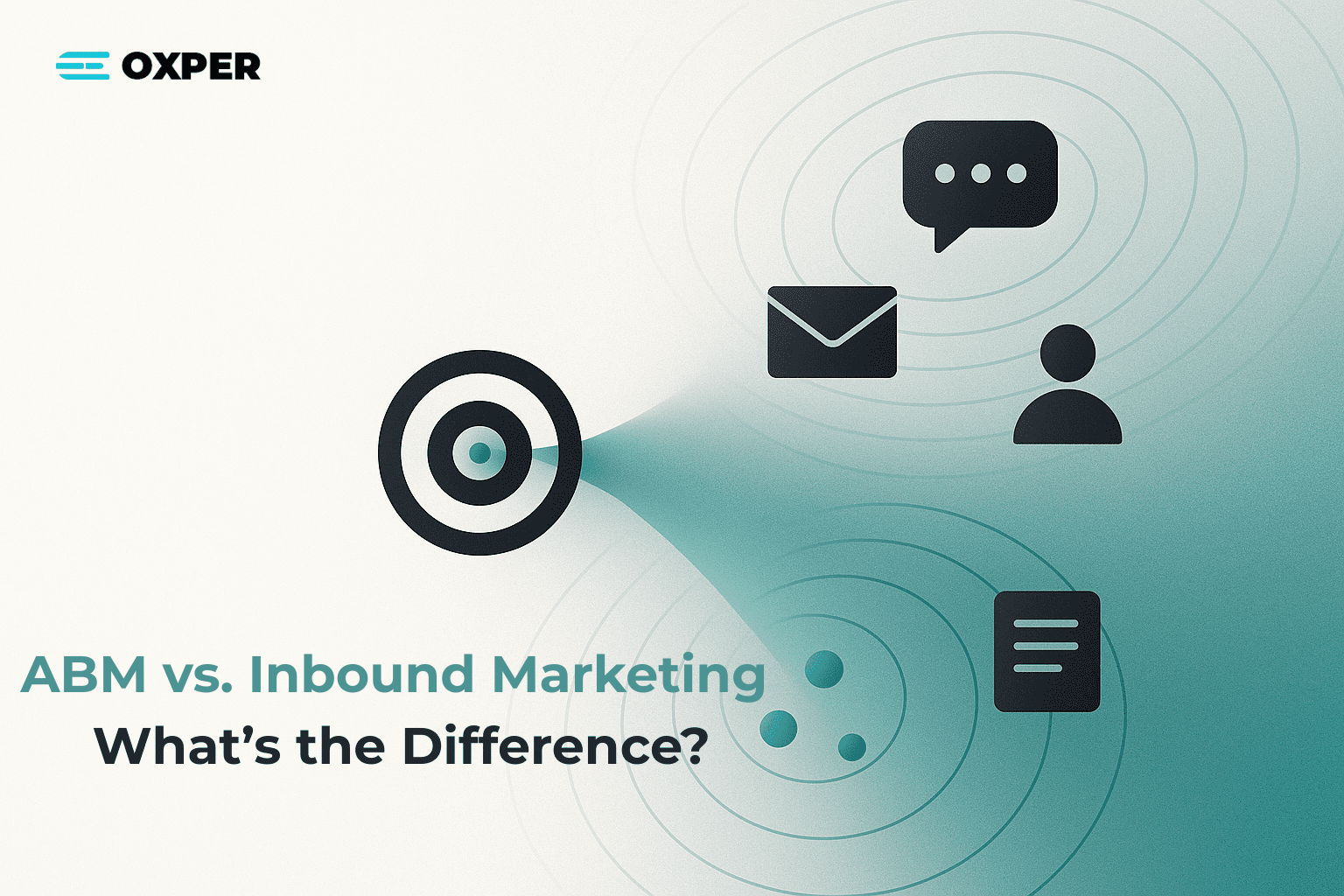Recruitment marketing is the strategic approach to attracting and engaging top talent using marketing techniques, content, and employer branding. Especially in today’s hiring climate—marked by skill shortages, remote work, and changing candidate expectations—it helps companies build awareness, promote their EVP, and create a steady talent pipeline, even when candidates aren’t actively job hunting.
Facing Hiring Challenges in 2025? You’re Not Alone.
Your company might be experiencing a major hiring push, but a key recruiter just fell ill. Or you’re scaling rapidly and struggling to find digitally fluent Gen Z talent. Maybe your best employees have exited post-COVID, leaving you scrambling.
The reality is: hiring has changed. Traditional methods just don’t cut it anymore.
Enter: Recruitment Marketing.
Let’s break it down 👇
What is Recruitment Marketing?
Recruitment marketing is the process of promoting your employer brand and value proposition to attract, engage, and convert top talent—even before they consider applying. It combines content marketing, SEO, social media, digital advertising, and analytics to target passive candidates and keep your hiring pipeline warm.
Simply put, it’s the marketing you do to hire smarter, not harder.
Why Traditional Hiring Fails Today
The best candidates aren’t on job boards—they’re likely already employed. That’s why waiting for the “perfect” applicant to find your listing is wishful thinking.
A strong recruitment marketing strategy helps you reach and convince passive candidates. It’s your chance to showcase why you’re worth switching jobs for—better pay, growth, flexibility, or a mission they believe in. Without it, your dream hire may never even hear of you.
Traditional hiring is reactive. Recruitment marketing is proactive, strategic, and continuous.
Why You Need a Recruitment Marketing Strategy
A good recruitment marketing strategy isn’t a “nice to have”—it’s essential in today’s job market. Here’s why:
- Reach Passive Candidates
Over 70% of the workforce is passive. Marketing helps you tap into this silent pool. - Promote Your EVP (Employee Value Proposition)
Your unique workplace perks, culture, and values need visibility. Marketing helps you amplify them. - Ensure Employer Brand Consistency
Whether it’s LinkedIn, Glassdoor, or Instagram—your messaging should be aligned and authentic. - Automate and Scale Efforts
With digital recruitment marketing tools, you can run campaigns, track results, and refine strategies—all from one dashboard.
How Recruitment Marketing Closes the Hiring Gap
In a market where job roles evolve faster than talent can upskill, digital recruitment marketing becomes your superpower.
A robust recruitment marketing plan includes:
- ✅ Multi-channel Ad Campaigns (LinkedIn, Google, Instagram)
- ✅ Compelling Employer Branding Content (videos, blogs, employee testimonials)
- ✅ Smart Automation Tools to schedule, budget, and retarget efficiently
- ✅ Data-Driven KPIs (time-to-hire, cost-per-hire, application rates)
This ensures you’re not just filling vacancies—you’re attracting the right people who align with your culture and long-term vision.
Conclusion: Don’t Wait. Attract.
If you’re tired of chasing candidates or experiencing hiring delays, it’s time to rethink your approach. Recruitment marketing flips the script—helping candidates find you instead.
This blog has covered:
- What is recruitment marketing and how it works
- Why traditional hiring is outdated
- The importance of employer branding
- How digital strategies can simplify your hiring process
FAQs
1. What is recruitment marketing?
Recruitment marketing refers to the use of marketing strategies and tools to attract, nurture, and convert job seekers—especially passive candidates—into applicants. It’s about building awareness and trust in your employer brand.
2. Why is recruitment marketing important?
It helps companies reach candidates who aren’t actively job-hunting, improves quality of hire, speeds up the recruitment cycle, and ensures consistent branding across channels.
3. What are examples of recruitment marketing strategies?
- Running targeted social media ads
- SEO-optimized career pages
- Sharing employee stories on LinkedIn
- Sending automated email nurture sequences to job seekers
- Hosting virtual culture events
4. How does digital recruitment marketing work?
Digital recruitment marketing involves online tactics like PPC ads, programmatic job advertising, employer branding videos, SEO, and retargeting. These help companies engage top talent across digital touchpoints.
5. How can recruitment marketing help hire better candidates?
By attracting passive candidates who are a better cultural and professional fit, recruitment marketing reduces hiring bias, improves retention, and fills roles faster.





